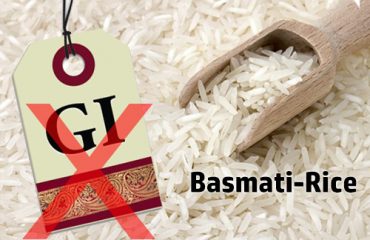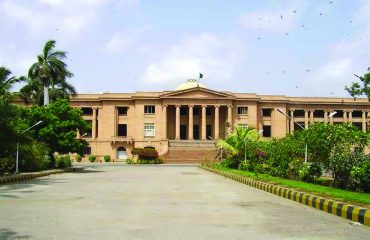An important component of doing business is the ability to obtain open and candid advice from your lawyer without the threat that the advice received will have to be disclosed. Equally important for individuals and businesses is the ability to prepare for or defend a lawsuit without having to publicize your case to the other side.
Privilege is a legal right which allows persons to resist compulsory disclosure of documents and information. The fact that a document is sensitive or confidential is not a bar to disclosure, although privileged documents must be confidential.
Advocates in Pakistan are prohibited by article 9 of the Qanoon-e-Shahadat Order, 1984 (“QSO”) from disclosing communication made to him in the course and for the purpose of his employment as such advocate, by or on behalf of his client, or to state the contents or condition of any document with which he has become acquainted in the course and for the purpose of his professional employment, or to disclose any advice given by him to his client in the course and for the purpose of such employment; unless otherwise expressly consented to by his client. The obligation stated in this article continues after the employment has ceased. However communications made to an advocate by his client for the furtherance of any illegal purpose; or any fact observed by any advocate, in the course of his employment as such, which shows that a crime or fraud has been committed since the commencement of the advocate’s employment, are not protected by virtue of the provisions of this article.
In general, Pakistan law does not provide for attorney-client privilege specifically with respect to communications with its in-house counsel. It may be pertinent to note that an ‘advocate’ has been defined in the Legal practitioners and Bar Councils Act, 1973 (“LBCA”) as an advocate enrolled with a Bar Council constituted under the LBCA, and that section 22 of the LBCA requires persons desirous of practicing the profession of law in Pakistan to enroll as an advocate as required by the LPBC. Hence, in the event that an in-house council is a legal adviser who is not an advocate as defined in the LRBC, then the confidentiality obligations on such in-house counsel will be governed by the provisions of the contract of employment or services vide which such in-house counsel has been engaged.




